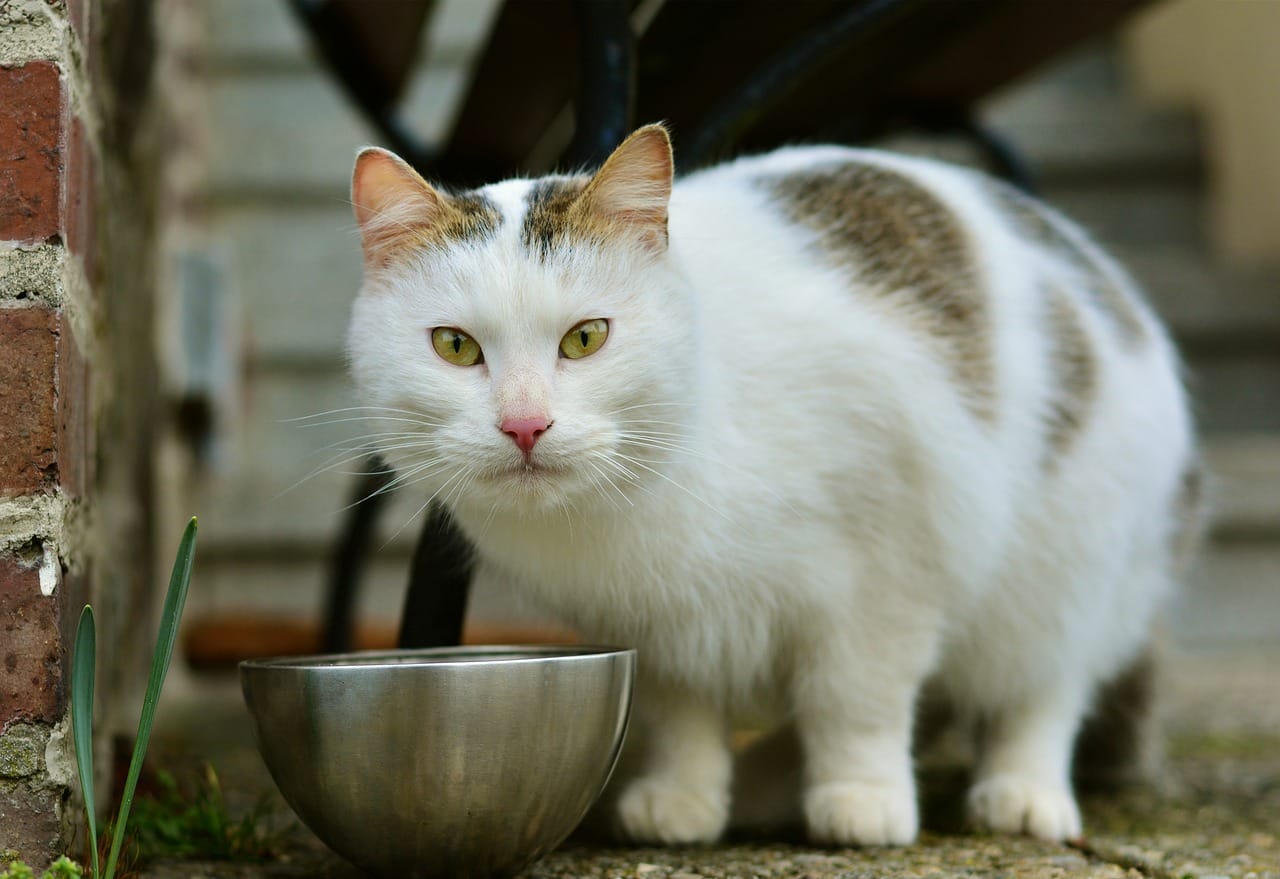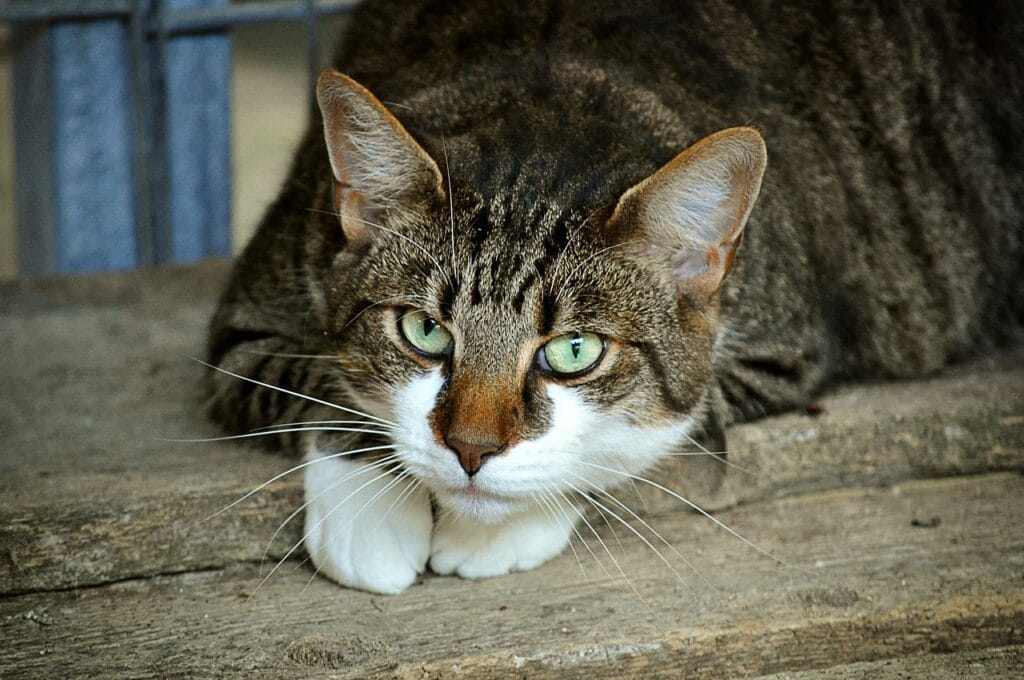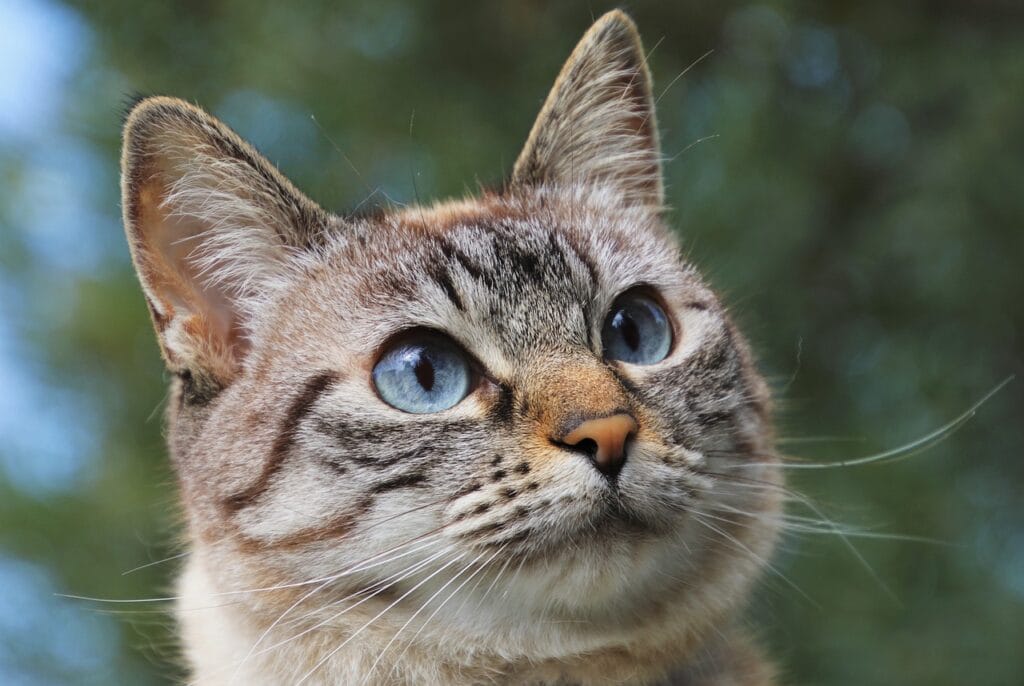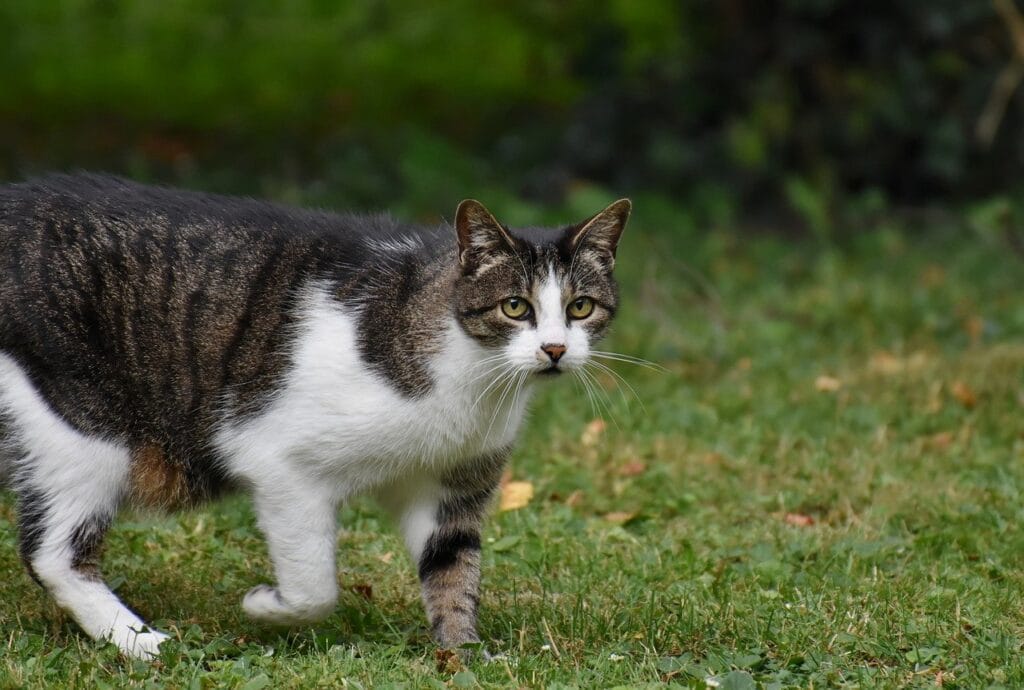
Are you tired of spending money in pet stores buying food for your cat? Learn how to make balanced homemade cat food using locally available ingredients in Uganda.
Feeding cats in Uganda is tricky; there are few cat nutrition specialists. Cats, too, are picky feeders.
Most of the recommended commercial cat foods in developed countries are absent in the Ugandan market. The few brands available are so competitive that they get out of stock soon when delivered.
How can I feed orphan kittens from 0 days to 2 months?
Between day one and two months, kittens depend entirely on the mother’s milk (breastfeeding); with no mum, kittens take kitten formula.
How can I make the best kitten formula in Uganda?
Ingredients needed are goat’s milk, glucose, and eggs.
Goat’s milk is a good substitute for queen’s milk, but it’s expensive and difficult to get in Uganda.
Glucose provides energy (glucose and sugar are different).
Egg yolk provides proteins for body growth.
Drinking water.
How can I mix goat’s milk, glucose, and egg yolk to make kitten formula?
1 cup of goat’s milk
1 egg yolk
½ teaspoon of glucose and mix properly.
NB: If you fail to get goat’s milk, it can be substituted with cow’s milk, though not recommended.
Why is cow’s milk not recommended?
Cow’s milk contains a lot of lactose, which is difficult for kittens to digest. It causes diarrhea, but it gradually stops as the kitten’s body gets used to lactose.

How much kitten formula should I feed my kitten per day?
A kitten of 4 ounces needs 32 ml per day. Therefore, every 4 hours, it needs 8 ml of the formula.
How long does the homemade kitten formula stay viable?
24 hours only.
How can I store the homemade kitten formula?
After feeding, keep the balance in a refrigerator. Before the next feeding, get the formula from the fridge and let it attain room temperature for 15–30 minutes, or put the feeding bottle in a bowl of hot water.
Pour a few drops of the formula on your skin to check the temperature.
How can I feed my kitten between two and three months of age?
Add minced semi-solid food slowly in small quantities, e.g., smushed fish, meat, etc., to the above kitten formula.
Three months on, the kittens can entirely depend on solid food and drinking water.
The best homemade cat food for kittens aged three months and on
Like humans, proteins, carbohydrates, vitamins, minerals, and drinking water are essential for proper growth.
What is the best source of proteins for cats?
Fish: Nile perch, Nile tilapia, mukene, etc. (Nile perch has a good smell that drives cats crazy).
Meats such as chicken, beef, goat, lean pork, and rabbit are suitable options. Avoid fatty meat. Cats do not like fat.
Eggs can be boiled or fried; most cats prefer fried eggs to boiled eggs.
What is the best source of carbohydrates for cats?
Cats are obligate carnivores, but it’s good to put carbohydrates into their diet for good gut health.
Carbohydrates provide roughages, vitamins, and minerals to your cat.
Never feed your cat carbohydrates alone; the protein content of your cat’s diet should be more than 60%.
What is the best source of vitamins and minerals for cats?
Vitamins and minerals are in protein and carbohydrate sources; however, monthly or weekly vitamin and mineral supplements are great for your cat.
First, consult your local veterinarian.

How much wet food should I give to my cat?
How I calculate the amount of wet food my 5-kg two-year-old cat needs daily
An average adult healthy cat needs total food of 2–3% of its body weight.
So my 5-kg cat needs 2-3% of its body weight, which is 3/100 x 5 kg = 0.15 kg, or 150 grams.
How much protein should I feed my cat per day?
Proteins constitute the largest percentage of cat food, comprising two-thirds of a cat’s daily intake.
My 5-kg cat needs ⅔ of 150 grams (daily intake) = 100 grams of protein daily. The protein can be meat, fish, etc.
How much carbohydrate should I give to my cat per day?
Daily carbohydrate intake for a cat is =
Total daily food intake minus protein daily intake.
My 5-kg cat needs 150 grams (total daily food intake) minus 100 grams (daily protein intake) = 50 grams of daily carbohydrate intake.
Kittens, pregnant, and lactating cats require more nutrients; their daily food requirement is 3-4% of their body weight.
Senior cats require fewer nutrients; their daily food requirement is 1.5–2% of their body weight.
How many times should I feed my adult cat per day?
Adult cats eat either once or twice a day, preferably twice daily, morning and evening.
Remember that my 5-kg, 2-year-old cat needs 150 grams of food each day, split into two portions: 150 g/2 = 75 g.
I give him 75 grams of food in the morning and 75 grams in the evening.
The best tips for feeding your cat properly
Provide plain drinking water 24/7 with no sweeteners, salt, or flavors.
Add plain pumpkin to your cat’s diet.
Keep feeding time constant.
Use feeding bowls of the same color.
Put the feeding bowl in the same place during feeding.
When changing to a new diet, it should be gradual.
Do not add salt and sugar to their food.
In conclusion:
A healthy diet makes a healthy cat.
Some cats need special diets or formulas, so consult your veterinarian on the formula suitable for your cat.
Fully rationed kitten formula and adult cat food are available on the market. Visit the nearby pet store or supermarket.

Contact us call / WhatsApp +256771909946 for free consultations on the current state of your pet
Don’t forget to read the related posts below and share them with other responsible pet owners.
Read about adopting a dog in Uganda
Is adopting a dog better than buying a dog
Read about the basic needs of a dog
Read about causes and treatments of nose bleeding in cats
Read about the common cat diseases in Uganda
Read about FAQS to vets by cat owners
Causes and treatments of tail biting among dogs
Read about toxic foods and fruits to dogs in Uganda
Read about eye boogers in dogs
Learn how to keep your dog’s teeth white, clean, and healthy
Read about the causes and treatments of vomiting among cats
Know the cost of a dog checkup in Uganda
Read about the causes and treatments of swollen tummy in dogs
causes and treatment of hair loss in cats
Deworming schedule for puppies and adult dogs
What can I do to help my dog live longer?
Read about cataracts or cloudy eyes in cats
vaccination schedule for cats in Uganda
21 Questions to Ask Yourself Before Getting or Adopting a Dog
Read about the 5 killer diseases for dogs in Uganda
Vaccination schedule for dogs (puppies) in Uganda
Read about the causes and treatments of vomiting among dogs
Read about the cost of treating a dog in Uganda
Read about if humans can get parvo
Get know if teething can kill a puppy
Read about how puppies get parvo
Find the best treatment for parvo in dogs.
Read about the price of spaying a dog in Uganda
Read about the prices of vaccinating a dog in Uganda
Read about the price of parvo treatment in Uganda
Read about the treatment of intestinal adhesion in dogs.
Read about the causes and treatment of hernias in dogs.
Read about the causes and treatment of weight loss in dogs.
Read about the loss of hair in dogs.
Read about the causes and treatment of bad breath in cats.
Read about 10 simplified steps for grooming a pet.
Learn the 8 steps of trimming the nails of your dog.
Read the causes of scratching in dogs.
Read the causes and treatment of ear infections in dogs.
Read the causes, prevention, and treatment of bloat in dogs
Reab about the causes and treatments of curled toes in turkeys
Read about causes and treatment of cancers in dogs
Vaccination schedule for dogs (puppies) in Uganda

[…] Learn how to feed cats in Uganda […]
[…] Learn how to feed cats in Uganda […]
[…] Learn how to feed cats in Uganda […]
[…] Learn how to feed cats in Uganda […]
[…] Learn how to feed cats in Uganda […]
[…] Learn how to feed cats in Uganda […]
[…] Cat nutrition and weight management advice […]